Prepping isn’t just for doomsday enthusiasts or conspiracy theorists. It’s a practical approach to life that can benefit anyone, regardless of their background or beliefs. In today’s uncertain world, being prepared for various scenarios is simply smart thinking. I’m not crazy and I’m not a hoarder. I am, however, comfortable in the knowledge that my family is well-prepared to weather most likely crisis situations. One of us loses our job? We’ll be okay until we can find more work. Local or global food shortages? We’re covered. And we have the skills and tools necessary to protect ourselves and to build a better future in a more serious long-term disaster. Can you be prepared for every single eventuality? No, of course not. None of us really knows what’s around the corner. But doing what we can to safeguard against likely threats and misfortune is the only smart choice.
1. Natural Disasters Are Increasing
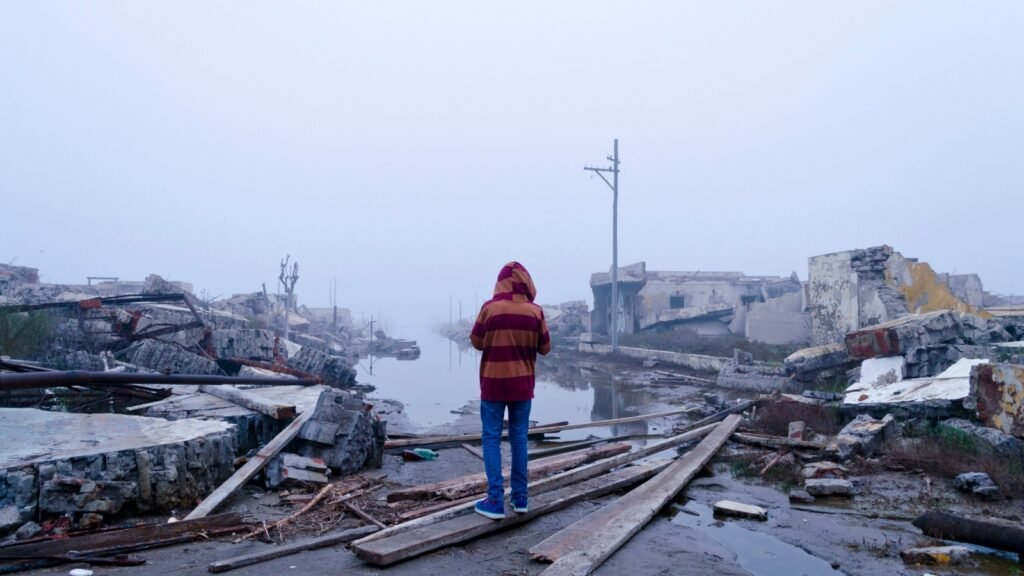
Climate change is leading to more frequent and severe natural disasters. In 2023 alone, there were 28 billion-dollar weather and climate disasters in the United States. Having supplies and a plan in place can help you weather these storms more safely and comfortably. FEMA recommends having at least a 72-hour supply of food, water, and essentials for each family member.
2. Power Outages Happen More Often Than You Think

The U.S. power grid experiences more outages than any other developed country. On average, Americans go without power for 214 minutes per year. Prepping with alternative power sources and non-electric essentials can keep you functioning during these downtimes. Investing in a portable generator or solar panels can provide crucial backup power during extended outages.
3. Job Loss Can Happen to Anyone

The 2020 pandemic showed how quickly unemployment can spike. At its peak, the unemployment rate hit 14.7%. Having a financial cushion and stockpile of essentials can provide a crucial safety net if you unexpectedly lose your income. Financial experts recommend saving 3-6 months of living expenses as an emergency fund.
4. Inflation Affects Everyone
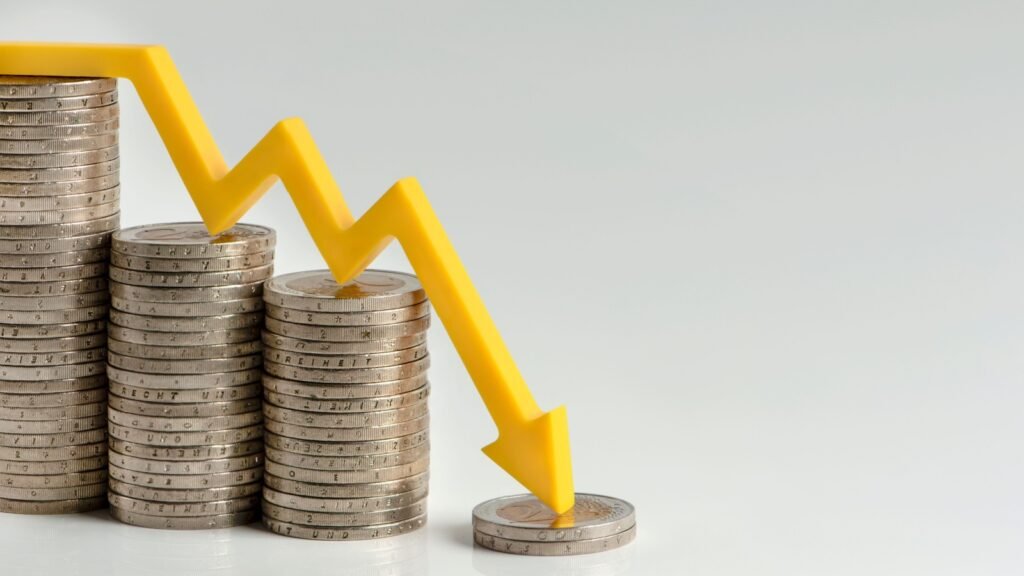
Inflation rates can fluctuate rapidly, affecting your purchasing power. In 2022, the U.S. saw inflation rates over 8%. Stocking up on non-perishable goods when prices are low can help you save money in the long run. Consider buying in bulk and learning preservation techniques like canning to maximize your savings.
5. Supply Chain Disruptions Are Real

The global supply chain is more fragile than many realize. Events like the 2021 Suez Canal blockage showed how easily supplies can be disrupted. Having a stockpile ensures you’re not left scrambling when store shelves are empty. Focus on storing items with long shelf lives and those you use regularly to maintain a practical and rotatable supply.
6. Pandemics Aren’t Once-in-a-Lifetime Events
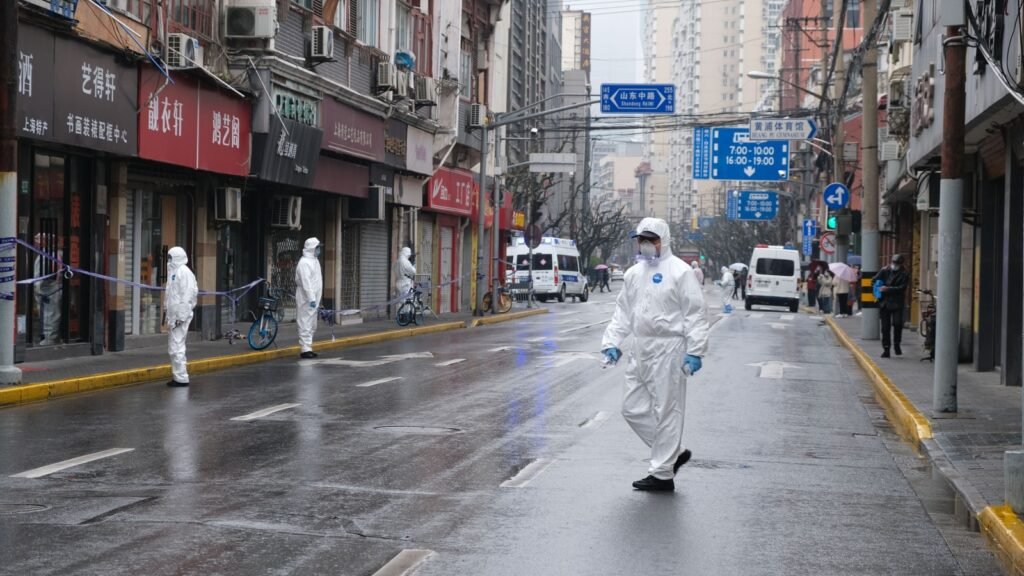
History shows that pandemics occur more frequently than we’d like to think. The 1918 flu, HIV/AIDS, and COVID-19 are just a few examples. Being prepared with medical supplies and quarantine plans can help you stay safe during outbreaks. Include items like N95 masks, hand sanitizer, and immune-boosting supplements in your prep supplies.
7. Financial Crises Can Happen Unexpectedly

Economic downturns can occur suddenly and have long-lasting effects. The 2008 financial crisis led to a 4.3% drop in GDP. Prepping can provide a buffer against economic instability and market volatility. Consider diversifying your investments and learning skills that can generate alternative income streams.
8. Water Safety Isn’t Guaranteed

Clean water isn’t always a given. The Flint water crisis affected over 100,000 residents. Having water purification methods and stored clean water ensures you’re never without this essential resource. Aim to store at least one gallon of water per person per day for drinking and sanitation.
9. Food Shortages Are Possible

Local or global events can lead to food shortages. During the early stages of the COVID-19 pandemic, 23% of U.S. households experienced food insecurity. A well-stocked pantry can see you through such times comfortably. Focus on nutrient-dense, calorie-rich foods with long shelf lives, such as rice, beans, and canned meats.
10. Medical Emergencies Don’t Wait for Convenience
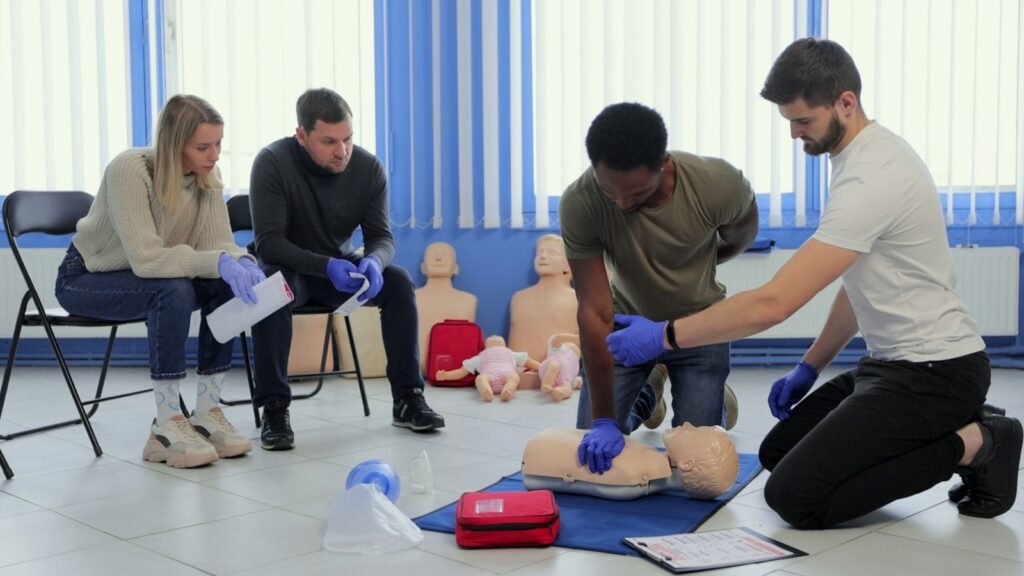
In a medical emergency, every second counts. The average ambulance response time in the U.S. is 7 minutes in urban areas and 14 minutes in rural areas. Having first aid skills and supplies can be life-saving in these crucial moments. Consider taking a first aid and CPR course to enhance your emergency response capabilities.
11. Cyber Attacks Can Disrupt Daily Life

As we become more reliant on technology, the risk of cyber attacks increases. In 2023, ransomware attacks increased by 84%. Being prepared with offline alternatives for banking, communication, and information storage can help you stay functional during digital disruptions. Regularly back up important documents and consider keeping hard copies of crucial information.
12. Extreme Weather Events Are Becoming More Common
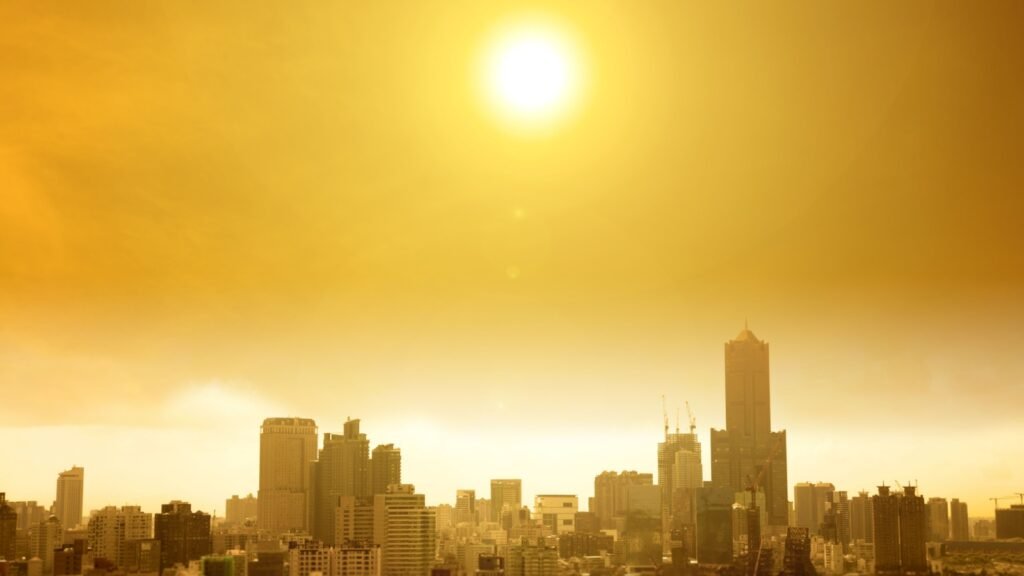
Heatwaves, polar vortexes, and other extreme weather events are occurring more frequently. The 2021 Texas freeze left 4.5 million homes without power. Prepping with appropriate clothing, shelter options, and heating/cooling methods can help you stay safe in extreme conditions. Invest in weather-appropriate gear and consider alternative heating and cooling methods that don’t rely on electricity.
13. Civil Unrest Can Erupt Quickly
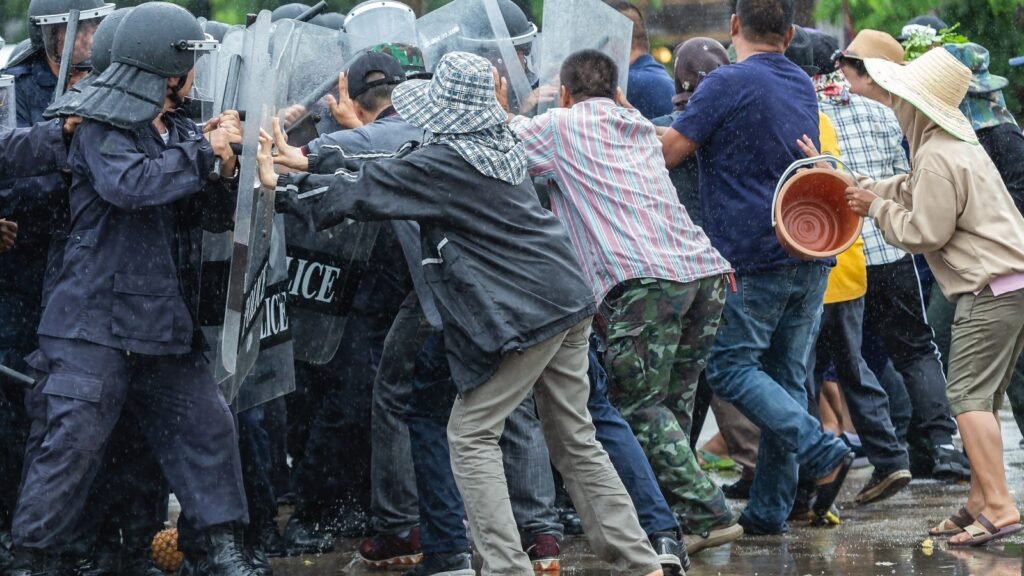
Social and political tensions can sometimes lead to civil unrest. In 2023, over 10,600 demonstration events were recorded in the U.S. Having a plan to stay safe at home or evacuate if necessary can provide peace of mind. Create a family communication plan and designate a safe meeting place in case you get separated.
14. Personal Safety Is Your Responsibility

Law enforcement can’t be everywhere at once. The average police response time in the U.S. is 10 minutes. Learning self-defense and having home security measures in place can help protect you and your loved ones. Consider installing security cameras and reinforcing entry points to your home.
15. Transportation Disruptions Can Leave You Stranded
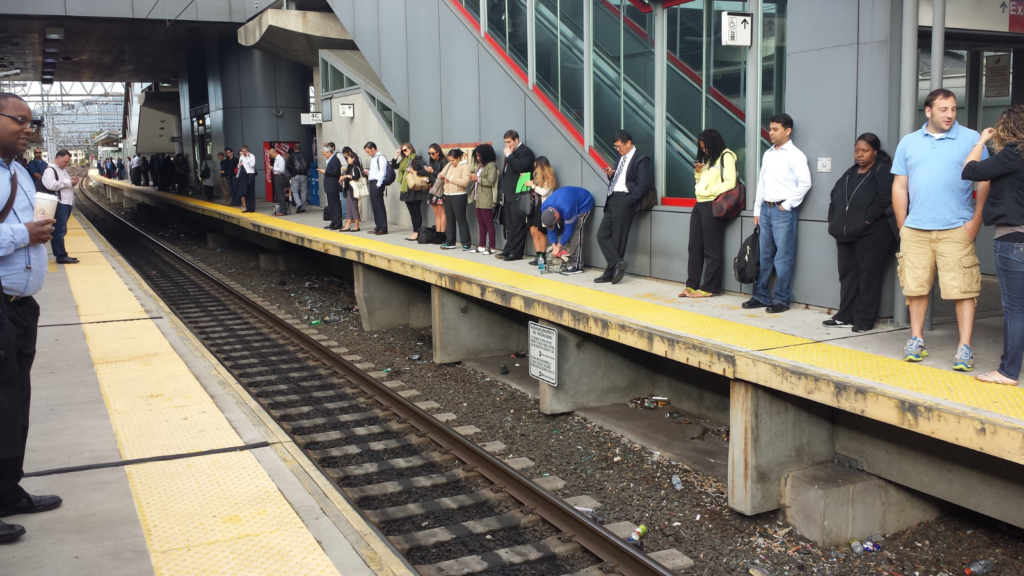
Public transportation isn’t always reliable. In 2023, 21.66% of U.S. flights were delayed. Having alternative transportation plans, like a bicycle or extra fuel for your vehicle, can keep you mobile when other options fail. Keep your vehicle well-maintained and consider learning basic auto repair skills.
16. Home Repairs Don’t Wait for Convenient Times
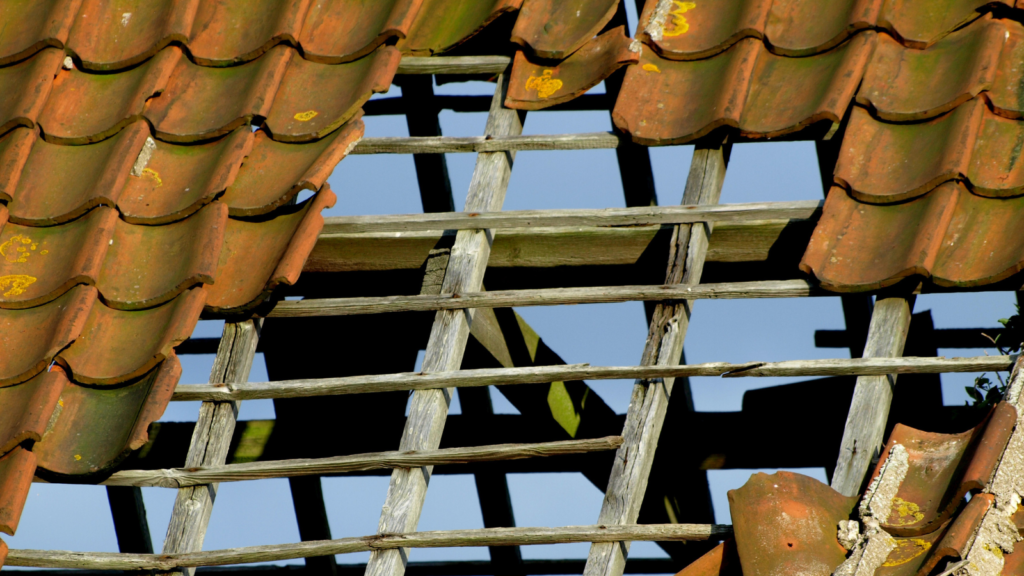
Home emergencies like burst pipes or roof leaks can happen anytime. In the U.S., water damage claims average $10,000. Having basic repair tools and skills can help you address these issues quickly and save money. Learn how to shut o ff your home’s main water supply and keep essential repair materials on hand.
17. Communication Networks Can Fail

During disasters, communication networks often become overloaded or damaged. After Hurricane Maria, 95% of cell sites in Puerto Rico were out of service. Having alternative communication methods like hand-crank radios can keep you informed and connected. Consider investing in a satellite phone or ham radio for more robust communication options.
18. Evacuations May Be Necessary
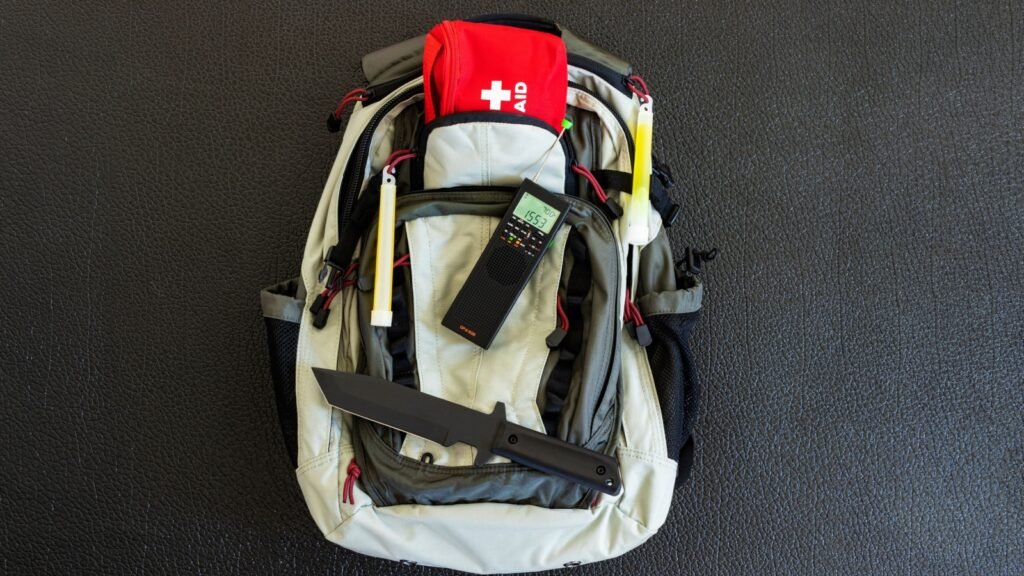
Natural or man-made disasters might require rapid evacuation. During the 2018 Camp Fire in California, the entire town of Paradise (26,000 residents) had to evacuate. Having a pre-packed bug-out bag can make this process quicker and less stressful. Include important documents, cash, and a map with multiple evacuation routes in your bug-out bag.
19. Medication Shortages Do Happen
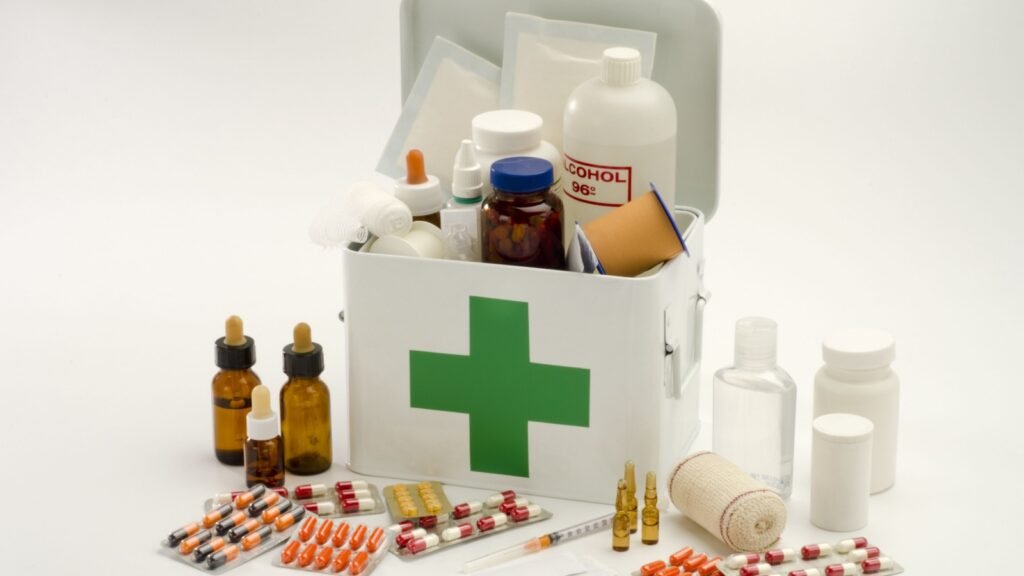
Supply chain issues or increased demand can lead to medication shortages. In 2011, the U.S. faced a record high of 267 drug shortages. Keeping an emergency supply of essential medications can be life-saving. Talk to your doctor about getting an extra month’s supply of critical medications for emergency purposes.
20. Skills Are as Important as Supplies

In long-term emergencies, supplies will eventually run out. Learning skills like gardening, first aid, or basic repairs can help you remain self-sufficient. These skills are valuable in everyday life too. Consider taking classes or workshops to expand your skill set in areas like wilderness survival or home canning. Our household has been living a fairly self-reliant life for decades, but the learning never stops. We still like to expand our skillsets whenever we can.
21. Financial Institutions Aren’t Invincible

Bank failures, while rare, do occur. In 2008, 25 banks failed in the U.S. Keeping some cash and valuable assets at home provides a backup if you can’t access your accounts. Consider investing in a fireproof and waterproof safe to protect your emergency cash and valuable documents.
22. Local Food Sources Are Crucial
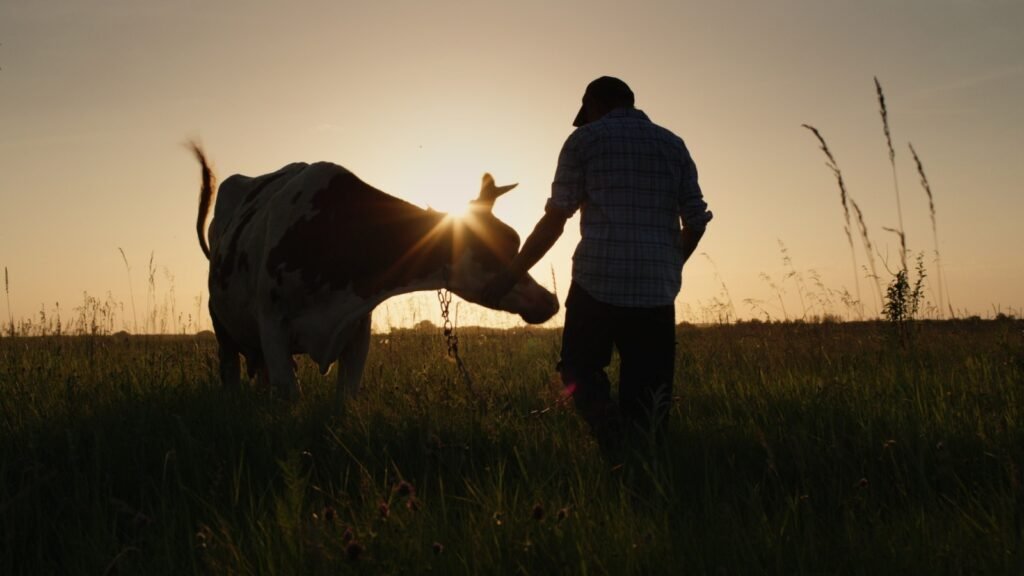
The average American meal travels 1,500 miles from farm to plate. Disruptions to this system could impact food availability. Learning to grow food or identifying local food sources increases your food security. Start a small garden or join a community-supported agriculture (CSA) program to support local food production. We’re lucky to have ample room on our homestead to raise livestock and grow crops, but even in a small space, if you get creative, you’ll be surprised at just how much produce you can grow.
23. Mental Preparedness Is Key

Disasters can be psychologically challenging. Studies show that 30-40% of disaster victims may experience PTSD. Mental preparation and stress management techniques are crucial parts of prepping. Practice mindfulness or meditation to build mental resilience and learn coping strategies for high-stress situations.
24. Community Resilience Starts with Individuals

Strong communities weather disasters better. During Hurricane Katrina, neighbors helping neighbors saved countless lives. Your preparedness can contribute to your community’s overall resilience. Consider joining or starting a local preparedness group to share knowledge and resources with your neighbors. In a disaster scenario, everyone stands a better chance of survival if they work together. Once you’ve assured the safety of your nearest and dearest, look to your neighbors who may need assistance. And in a longer-term survival or end of the world as we know it scenario, you definitely need a strong community if you want to ensure your continued survival.
25. Peace of Mind Is Priceless

Perhaps the most important benefit of prepping is peace of mind. Knowing you’re ready for various scenarios reduces anxiety and allows you to focus on living your best life now. Regular review and updating of your prep plans and supplies can help maintain this peace of mind and ensure you’re always ready for whatever comes your way.

